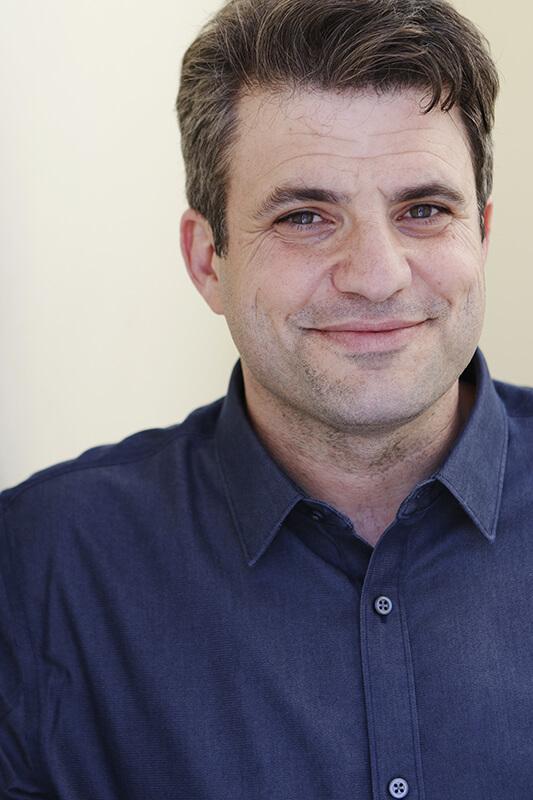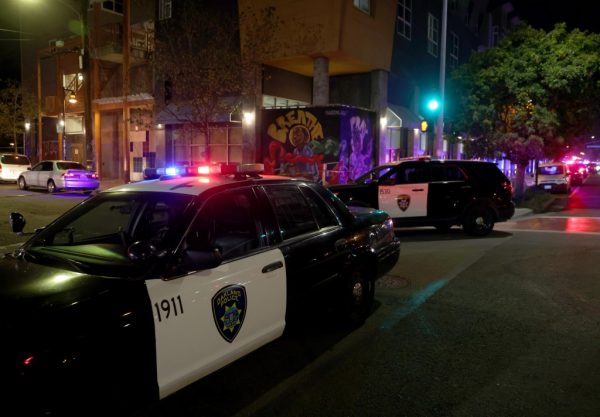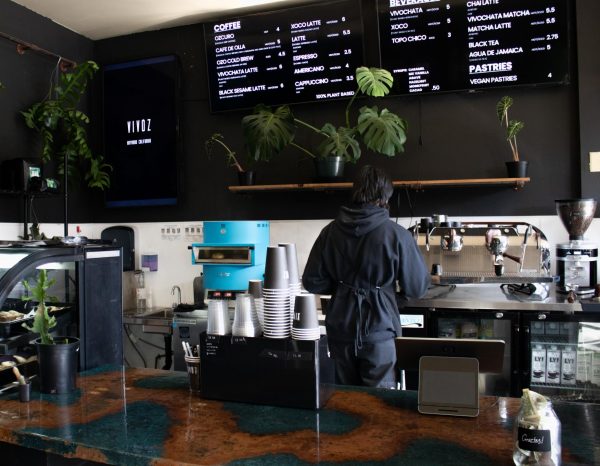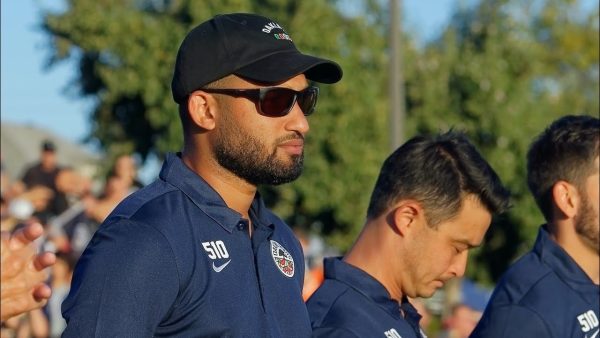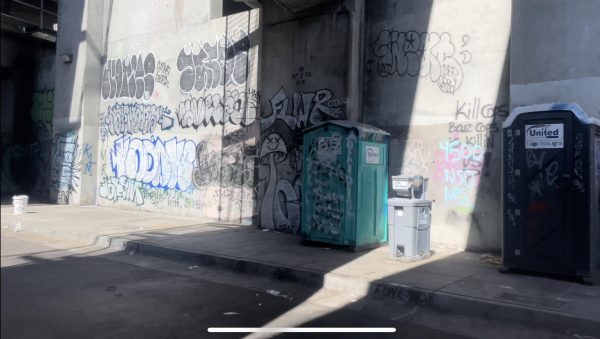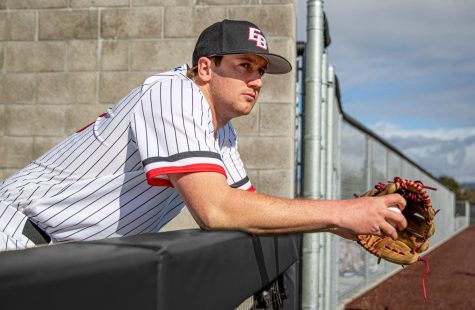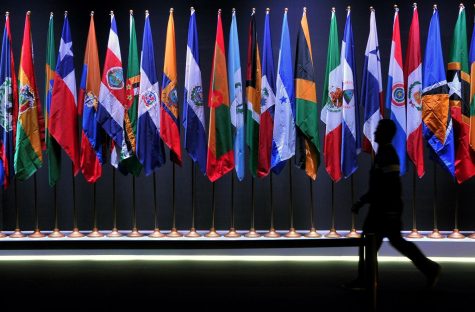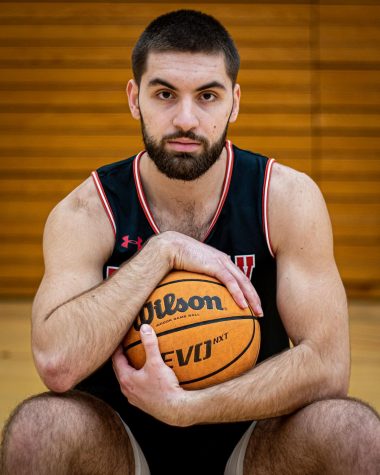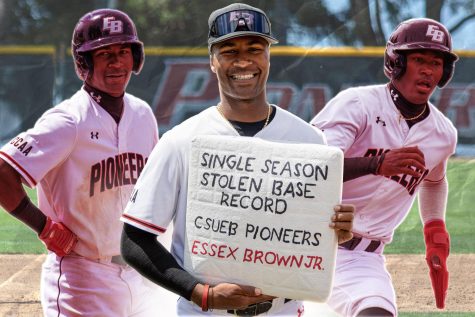Former Olympians grace Hayward campus
February 4, 2016
For the first time ever, Olympians and Civil Rights activists John Carlos and Wyomia Tyus will share the stage together, in the company of award-winning sports journalist, Dave Zirin.
The Center for Sport and Social Justice at Cal State East Bay, which is dedicated to bringing critical attention to issues of sport and society, will host a sit-down discussion on Feb. 10 between three figures who have dedicated each of their careers to sport, culture and social justice.
In a world where sports are sewn into the fabric of many cultures around the globe, the idea of highlighting the conflicting relationship between sports and politics may sound unconventional. However, Dave Zirin does just that.
As a prominent speaker on a national scale, writer for The Nation, host of his own radio show and author of multiple books, Zirin is one of the few sports journalists who dares to bring critical attention and emphasis to the presence of politics in sport.
“The idea that sports aren’t political is said by people who want to take advantage and use sports to further their own political ends,” Zirin stated. “As long as there have been sports, there have been people who have tried to do that, but there’s also been resistance.”[mks_pullquote align=”left” width=”300″ size=”24″ bg_color=”#ffffff” txt_color=”#333333″]“The idea that sports aren’t political is said by people who want to take advantage and use sports to further their own political ends,”[/mks_pullquote]
Dr. Rita Liberti, professor of Kinesiology at CSUEB and director of the CSSJ, stated that Zirin has been referred to as, “the best public intellectual when it comes to critically looking at sport,” due to his provocative writing.
Zirin visited East Bay before when he was the inaugural speaker for the Center of Sport and Social Justice opening four years ago.
This year, together with Dr. Liberti, they decided to hold an event that highlighted the Olympics and Olympism, which is defined as a philosophy of life, exalting and combining in a balanced whole the qualities of body, will and mind, as well as the issues that are wrong with Olympism.
With the 2016 Summer Olympics in Brazil approaching, Dr. Liberti and Zirin found it fitting to organize an event where the former Olympians and Zirin could discuss some of the issues.
“John Carlos and Wyomia Tyus have known each other for 50 years, so I asked Dave if he would lead a conversation between John Carlos and Wyomia about Olympism, the politics of the 1960s, what was going on and their involvement in using sport as a political weapon to bring people’s attention to a problem,” Liberti stated. ”Folks outside wouldn’t know that these names are huge, not only because they were elite athletes, but because they were major public figures who took a stand, and took great risk and paid the price for it for the rest of their lives.”
Zirin and Carlos hold a strong relationship and have shared the stage together before, but this time around they wanted to bring on someone whose story often gets tossed aside and that’s the story of Tyus.
John Carlos is one of the two men who stood on the podium with his black-gloved fist raised high, after winning the bronze medal for the 200-meter dash on the morning of Oct. 16 at the 1968 Mexico City Summer Olympics. The other was Tommie Smith, who won gold.
The 1960s were times of intense segregation for all African Americans in the United States, including professional athletes. Carlos and Smith’s iconic act of resistance against the United States government brought severe repercussions. Their controversial act of protest on the podium that October day subsequently led to a suspension from the U.S. Olympic team. In an act of solidarity to her fellow athletes, Tyus went on to dedicate her two gold medals to Smith and Carlos at the same Olympics.
On Feb. 10, Zirin will facilitate a conversation where the three of them will discuss Olympism, the politics surrounding the 1960s, and the involvement of Carlos and Tyus in using sport as a political weapon.
“They are living, breathing, walking history, and the most exciting kind of history we have, which is the history of how ordinary people used their platform to create extraordinary spheres of resistance,” Zirin stated.




